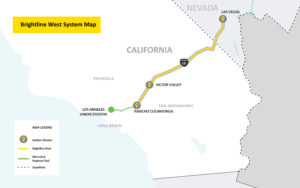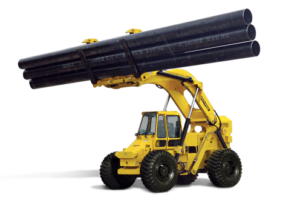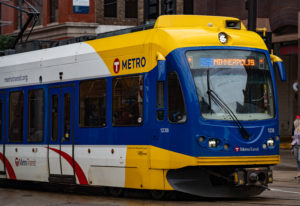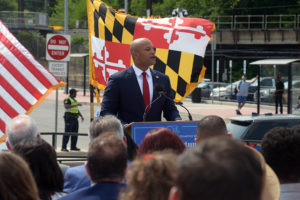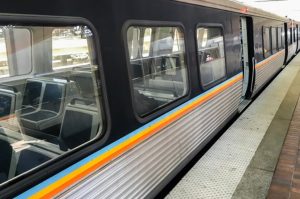Initial take on historic infrastructure bill: President Biden loosened grip on climate and dollars will not flow for months
Written by RT&S Staff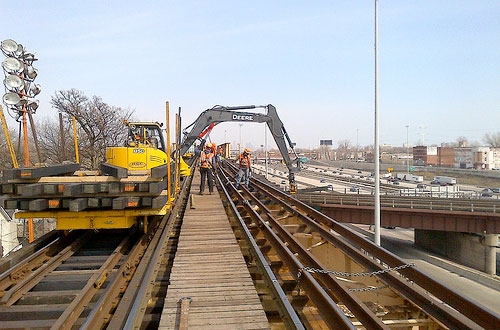
The House of Representatives passed a historic $1.2 trillion infrastructure bill late in the night on Nov. 5.
The move happened without the passing of the Build Back Better economic package even though for weeks leaders on Capitol Hill said the two would be tied together. President Biden is expected to sign the bill.
The $1.2 trillion will be spread out over eight years, and it contains $550 billion in new spending. Rail services are expected to receive $66 billion while port infrastructure will receive $17 billion. Transit will receive $39 billion, which is the largest investment in history according to the White House. On the down side, it will generate $256 billion in projected deficit over 10 years according to the Congressional Budget Office. The infrastructure bill passed by a 228-206 count, with six Democrats voting no.
The transit investment is part of President Biden’s goal of moving the U.S. toward carbon neutrality, but some said it does not do enough and that Biden, who worked with lawmakers on Nov. 5, had to make some concessions so it would pass the House. Build Back Better is supposed to include billions more for transit and high-speed rail, and in the end Amtrak is in line to receive $66 billion. However, passenger rail experts said the historical investment would not do enough for the rail system. A large portion of the money will be used for basic maintenance needs like track upgrades.
“The infrastructure bill will rebuild and replace infrastructure that is decades, or even a century, old. It will promote safety, help us combat the climate crisis, and advance equitable access to transportation,” Transportation Secretary Pete Buttigieg said in a statement. “Now, we begin the work of building infrastructure that will support the traveling public and ensure an economically competitive America for generations to come.”
“We are grateful to Sen. [Chuck] Schumer and the entire New York delegation for their work to deliver an infrastructure bill that will bring billions of dollars to the MTA,” Acting MTA Chair and CEO Janno Lieber said. “The more than $10 billion we are expected to receive as part of this game-changing legislation will go toward vital capital projects and accelerate efforts to modernize mass transit in the region.”
For months it has been said that the Gateway Project in the Northeast is expected to be a big beneficiary of the infrastructure bill. Also, there was talk that private companies would be able to apply for federal dollars for high-speed rail projects. At press time Railway Track & Structures could not confirm if there was language about the private investment in the bill that was passed.
“Governors commend Congress for setting aside partisan differences to pass a bill that works for the American people,” said Arkansas Gov. Asa Hutchinson. “States stand ready to immediately put these funds to good use to fix and improve our nation’s infrastructure.”
During his press conference when asked when America would start seeing the money in action, President Biden said in a matter of two or three months. However, it is expected to take more time because transportation agencies will need to ramp up to oversee the huge flow of funds and the implementation of projects.
Read more articles on passenger rail.

